As we prepare to begin a new school year next week, we wanted to share one last amazing memory from summer vacation at the Mission. In March, we welcomed a group of nursing students and professors in partnership with Vanderbilt University School of Nursing (my alma mater – Grace 😊). This visit was part of a community health class in which the students had been preparing for over several months.
With guidance from the missionary caregivers at the Mission Home and the social worker who leads our scholarship program at the Mission School, the group planned and implemented a series of health initiatives designed to meet the specific needs of the children and families we serve.
Health Fair: Learning Through Play
The first major project was a health fair focused on preventive health education for the children and adolescents living at the Mission Home. The fair featured four interactive stations: nutrition, first aid, dental hygiene, and vision screenings. Each station used games, demonstrations, and hands-on activities to make learning accessible and fun.
- Nutrition Station: Children learned how food choices affect the body by attaching different foods to models representing healthy and unhealthy bodies.
- First Aid Station: They practiced wound care on pretend injuries drawn by the nursing students—bandaids were a huge hit!
- Dental Hygiene Station: Kids practiced brushing techniques and learned the importance of daily oral care. The nursing group even brought picture tutorials for the steps to proper teeth brushing that they hung in every bathroom at the Mission Home!
- Vision Screening Station: Every child and caregiver made their own eye covering and then received a basic vision test, which resulted in the identification of 7 children and one caregiver who need glasses—an immediate and tangible impact.
The fair empowered children with practical knowledge and sparked curiosity about how their bodies work. Caregivers also expressed appreciation for the engaging, age-appropriate education their children received—knowledge that helps promote lifelong healthy habits.
- Children learn about the steps for proper oral hygiene.
- At the first aide station, children got to guess what was the cause of each skin injury.
- Before taking a vision screening, each child got to create their own eye covering, adding fun and creativity to the health screening.
- 7 children and caregivers were identified as needing glasses through the eye screening station.
- The kids loved this interactive nutrition game that allowed them to velcro different foods onto a healthy and sick body.
- The bandaids were a huge hit at the first aide station!
Workshops for Caregivers and Kitchen Staff
The students also led several educational sessions tailored to different groups of caregivers and staff at the Mission Home:
- Caregiver Training: The nursing students gave a workshop focused on essential first aid, CPR basics, how to perform the Heimlich maneuver, and the treatment of common skin conditions. This training built caregiver confidence and prepared them to respond in emergencies.
- Kitchen Staff Workshop: Recognizing the importance of nutrition for child development, the nursing students gave a targeted presentation to the kitchen staff at the Mission Home. The workshop covered the role of nutrition in child development and practical strategies for enhancing meals without sacrificing taste. The kitchen team was surprised to learn that nutrition alone can influence 20–25% of an individual’s overall health. This knowledge equips them to better support the well-being of every child through daily meals.
- Caregivers learn about how to find a pulse during the first aide presentation.
- Vanderbilt nursing students provide a real life demonstration on how to perform CPR.
- The amazingly talented women that staff the Mission Home kitchen after receiving their certificates for completing the nutrition workshop.
Empowering Adolescents
One of the most impactful sessions was a presentation for the adolescents at the Mission Home on puberty, healthy relationships, and sexual health. The goal was to create a safe, judgment-free space to learn about their bodies and how to care for themselves emotionally and physically. Given the high rate of teenage pregnancy in Ecuador—particularly among those who leave the Mission Home without continuing on to our work-study or university programs—this education is not just important; it’s essential.
The session was met with openness and engagement from the teens and gave them tools and knowledge to make informed decisions about their health and relationships.
- The volunteer nursing students did an amazing job presenting sensitive yet extremely important information about sexual health, puberty, and relationships to the adolescents at the Mission Home.
- The poster was used for the presentation and continues to be a physical reminder of the information shared during the workshop.
- The workshop was held in two sessions—first for adolescent girls, then for adolescent boys. By dividing the groups by gender, we aimed to reduce embarrassment and create a safe space where participants felt more comfortable asking detailed and personal questions.
Community Health Needs Assessment
Finally, the nursing students conducted a health needs assessment with over 80 families in our scholarship program at the Mission School. This survey gathered vital data on how families access healthcare and what barriers they face. Such assessments are crucial for identifying community health priorities and designing future interventions that reduce disparities and improve overall well-being.
The findings from this project will guide us in tailoring health programs to meet real, felt needs—ensuring our work remains responsive and impactful.
- The health assessment survey was offered on paper or completed orally with a volunteer—an option that helped reduce barriers for participants with lower literacy levels.
- All health assessment participants were gifted a small bag of health related items, and a pamphlet on nutrition, to thank them for their time.
A Lasting Impact
This collaboration with Vanderbilt University’s School of Nursing was more than a summer project—it was a deeply meaningful exchange of knowledge, compassion, and empowerment. The nursing students left behind more than just presentations and pamphlets; they sparked curiosity, built confidence, and provided tools that will continue to serve our children, caregivers, and community long after their visit.
As we turn our focus to the upcoming school year, we carry with us the momentum and encouragement from their time with us. It’s partnerships like these that make our mission stronger, our children healthier, and our future brighter.


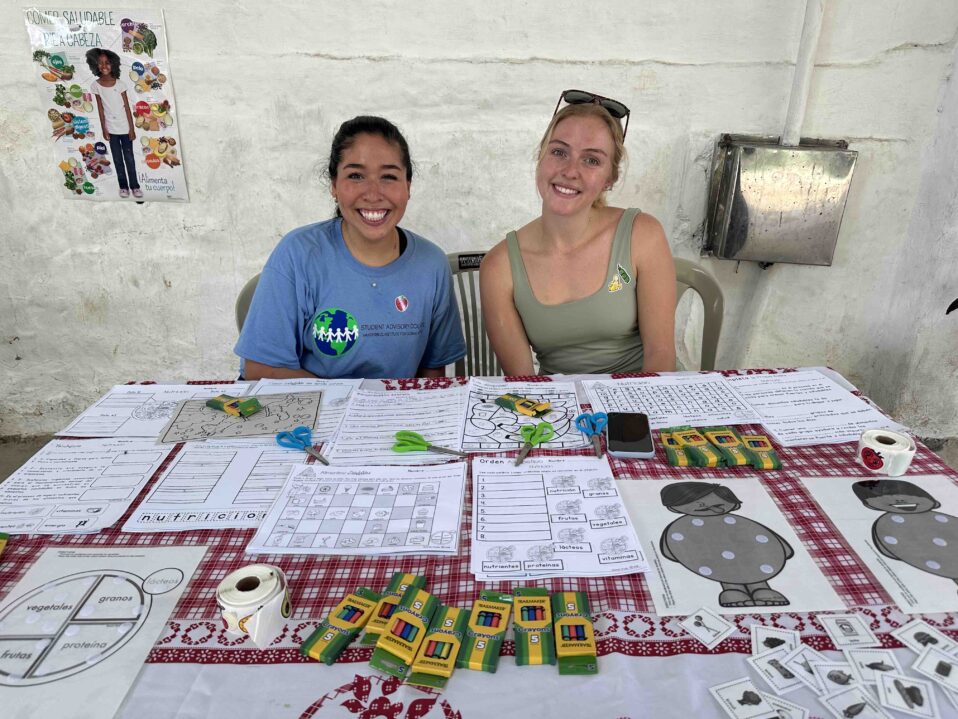
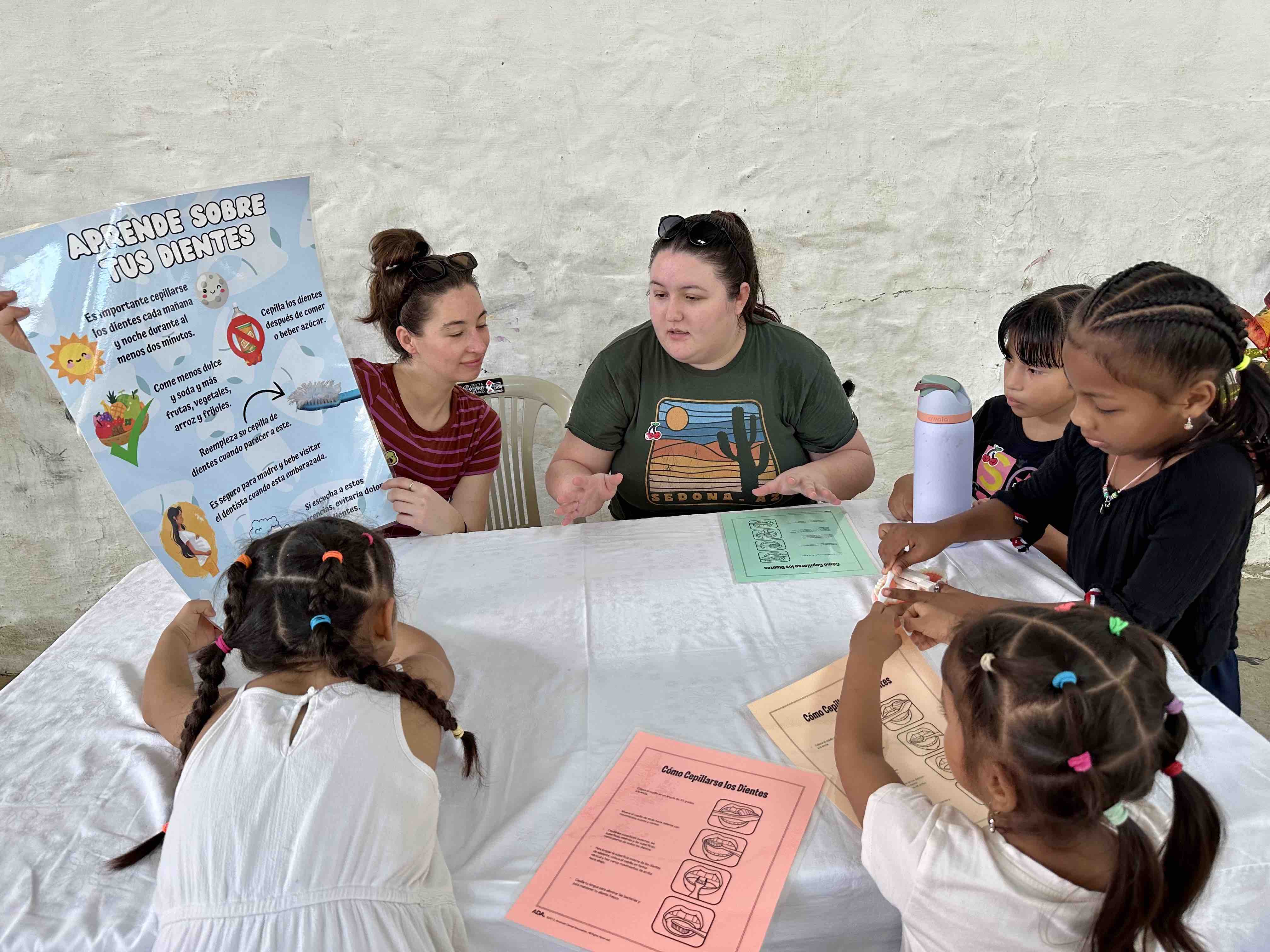

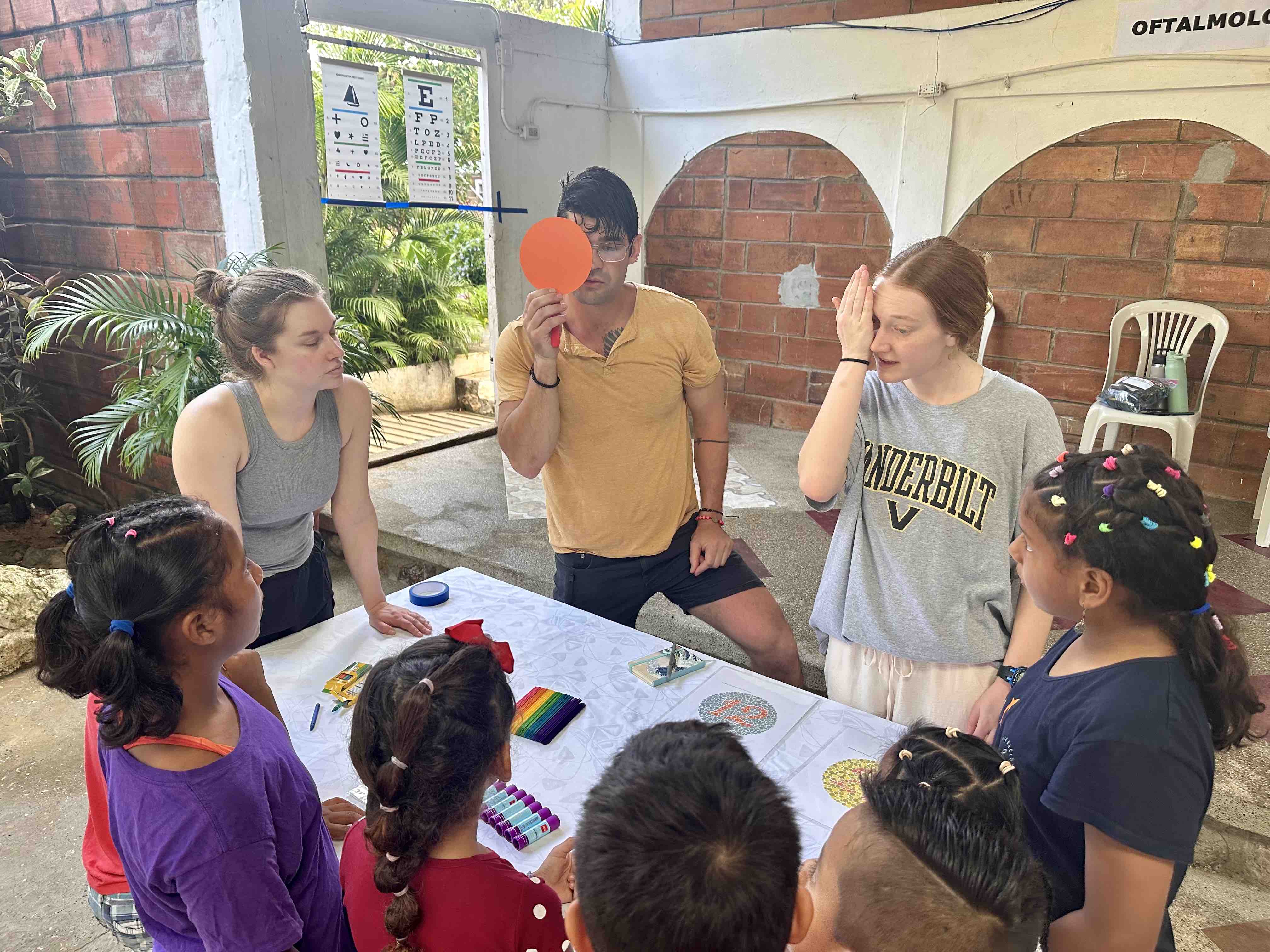
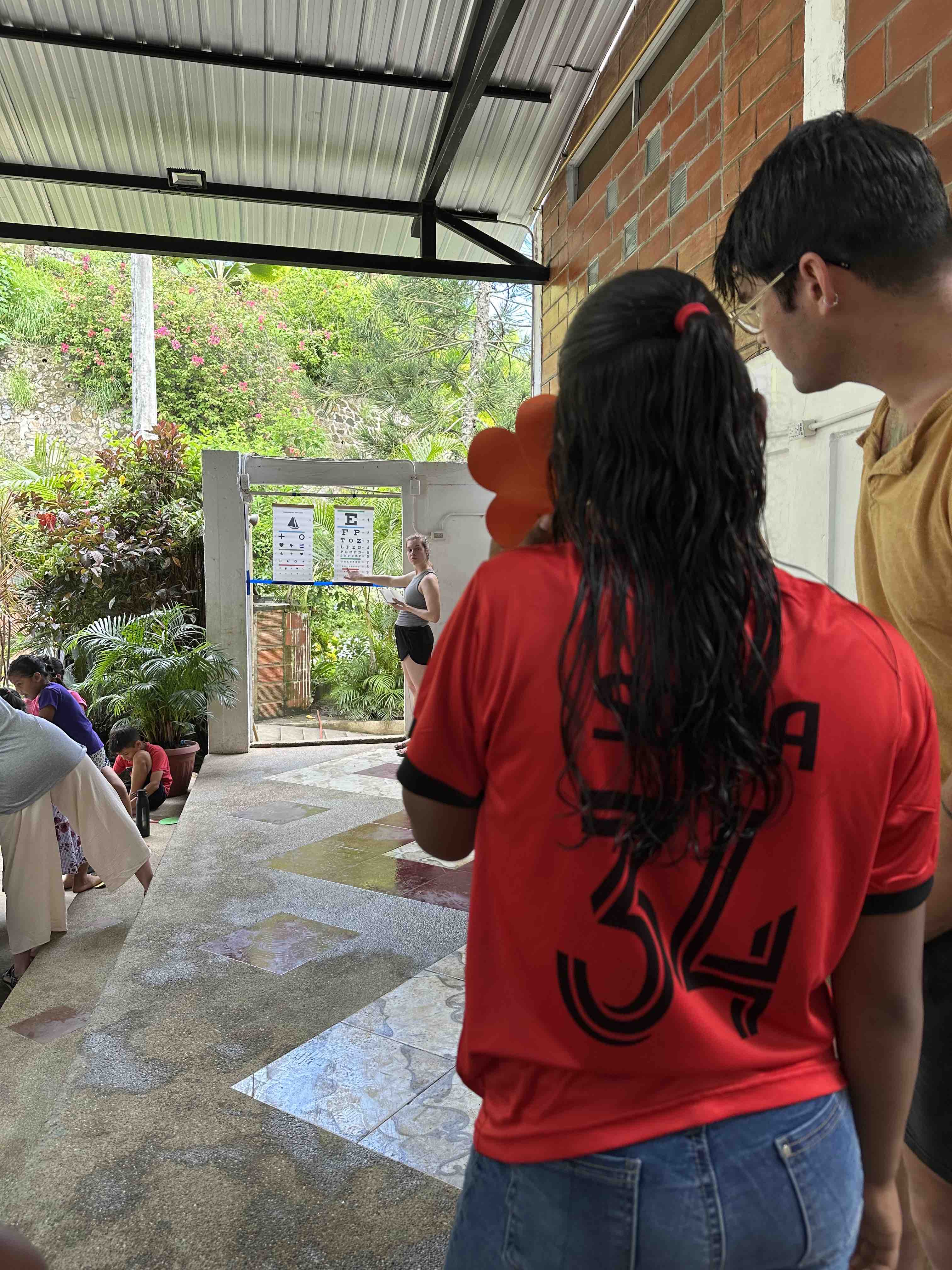
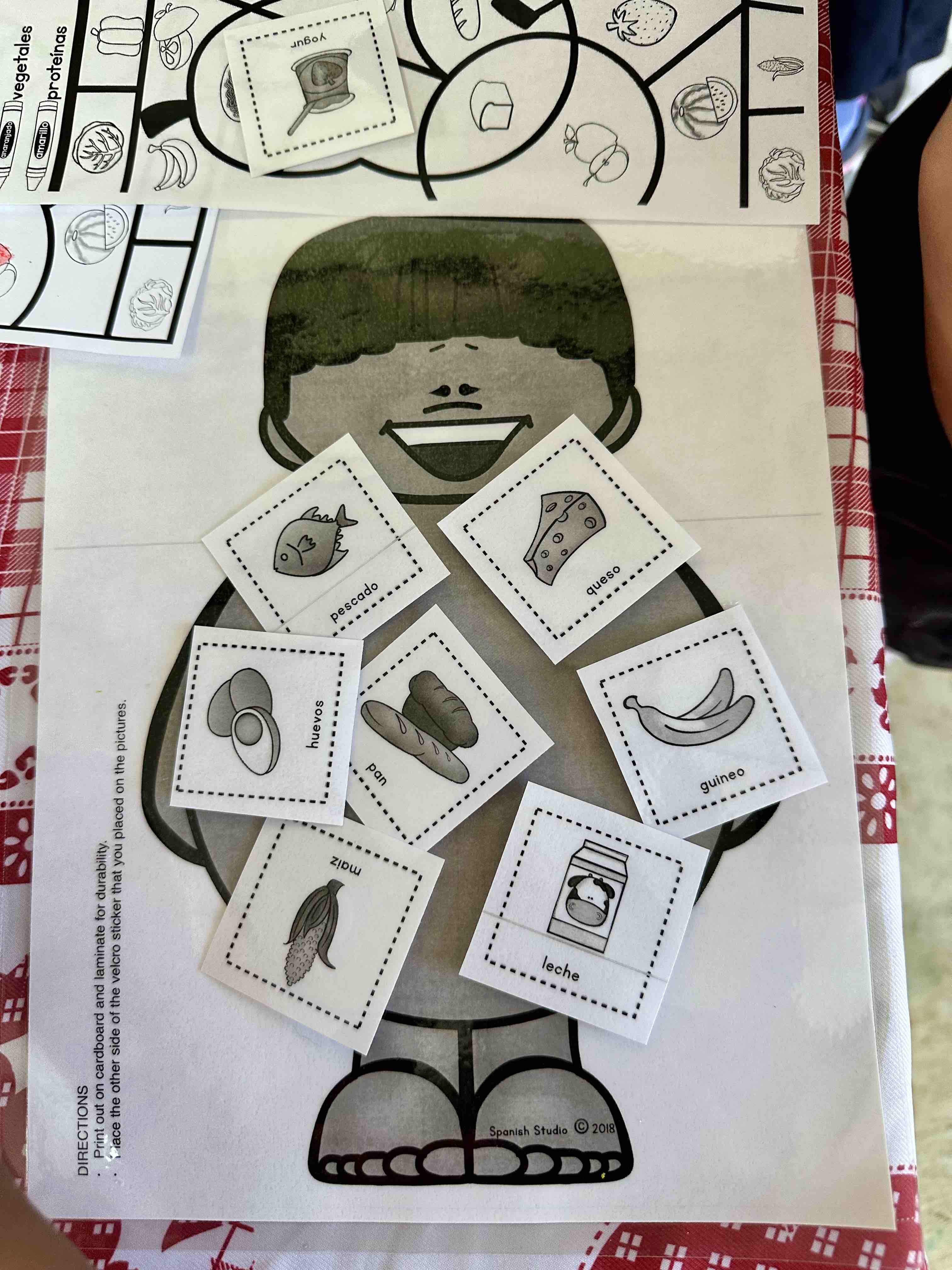
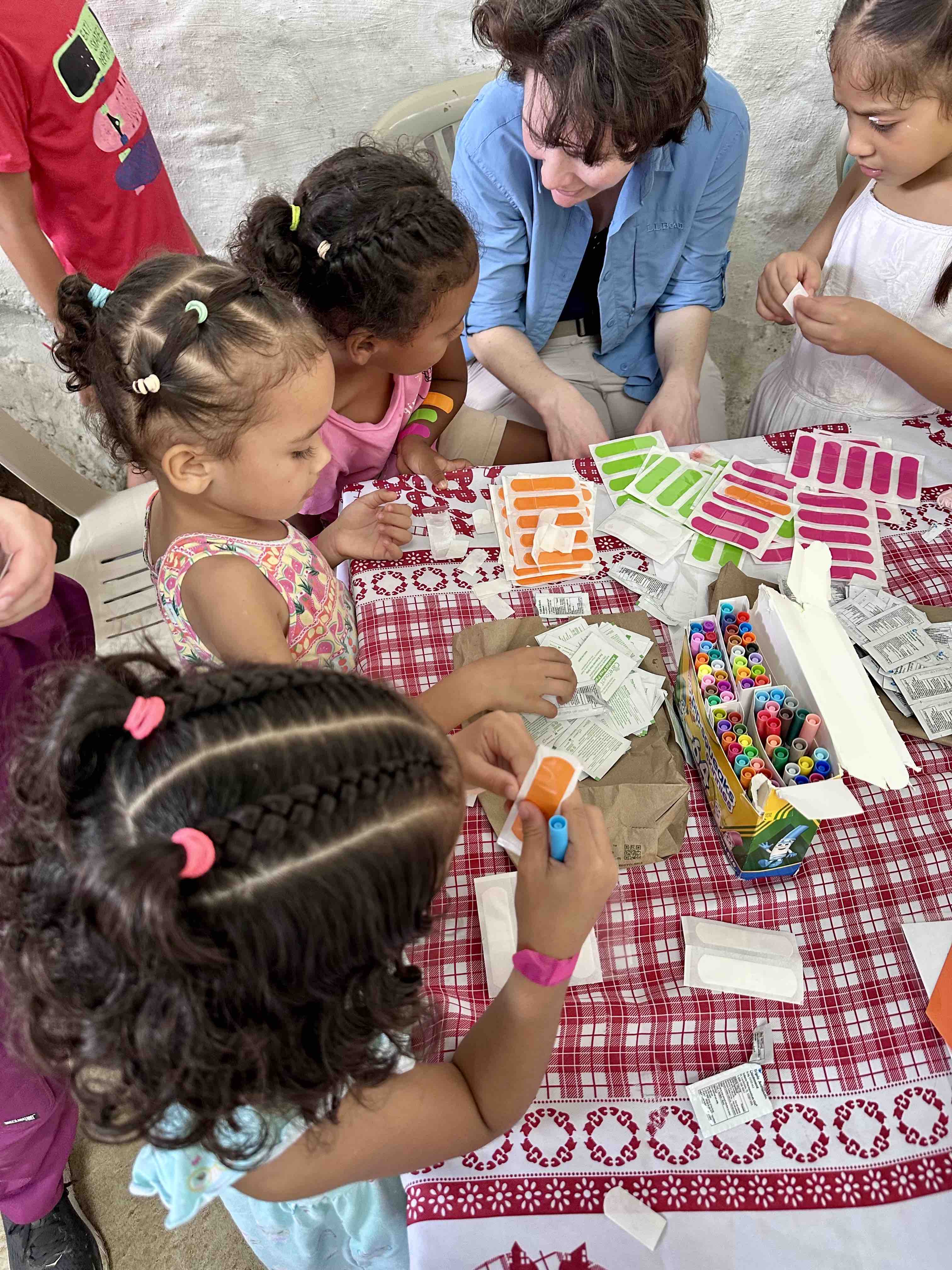
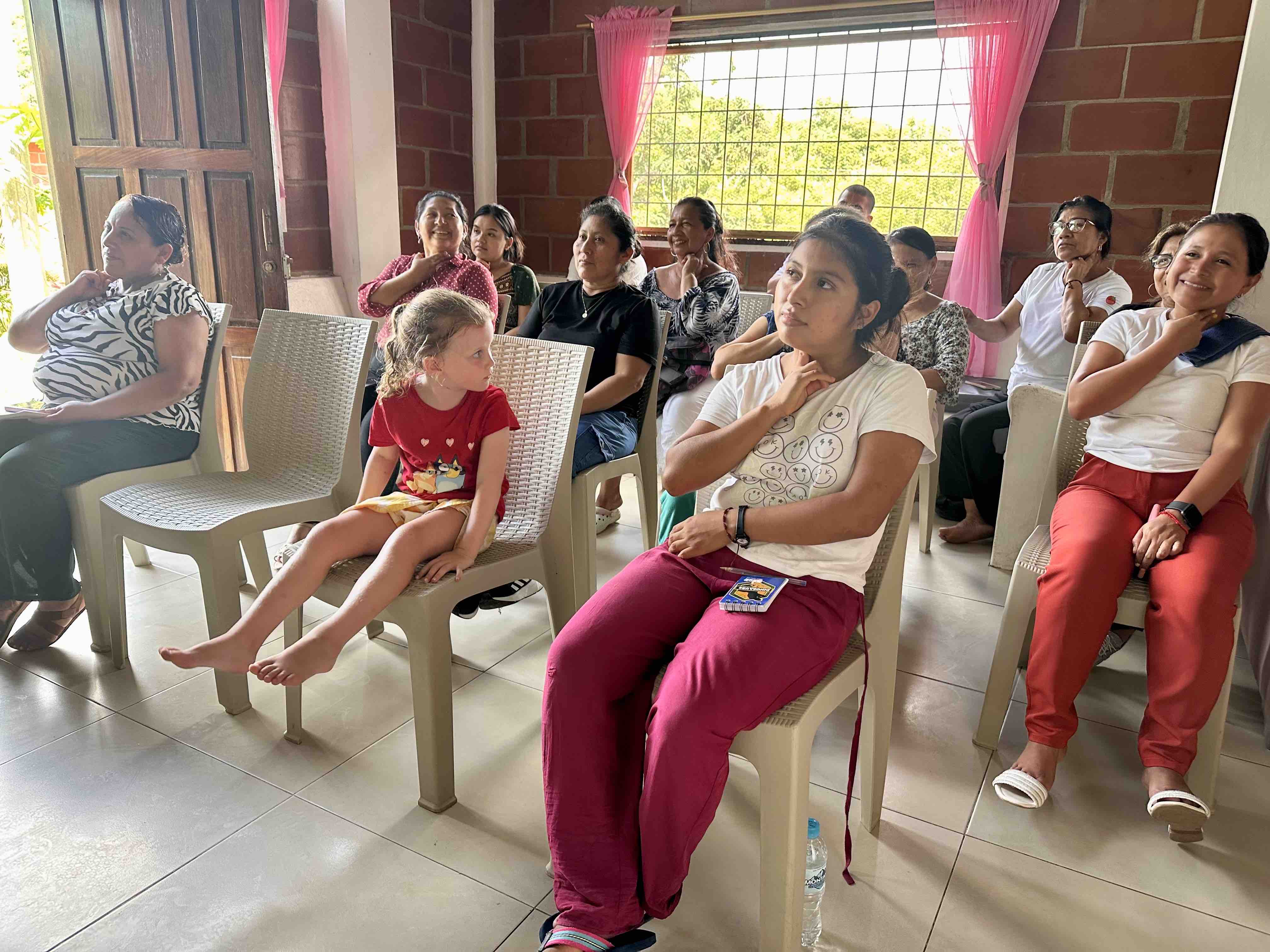
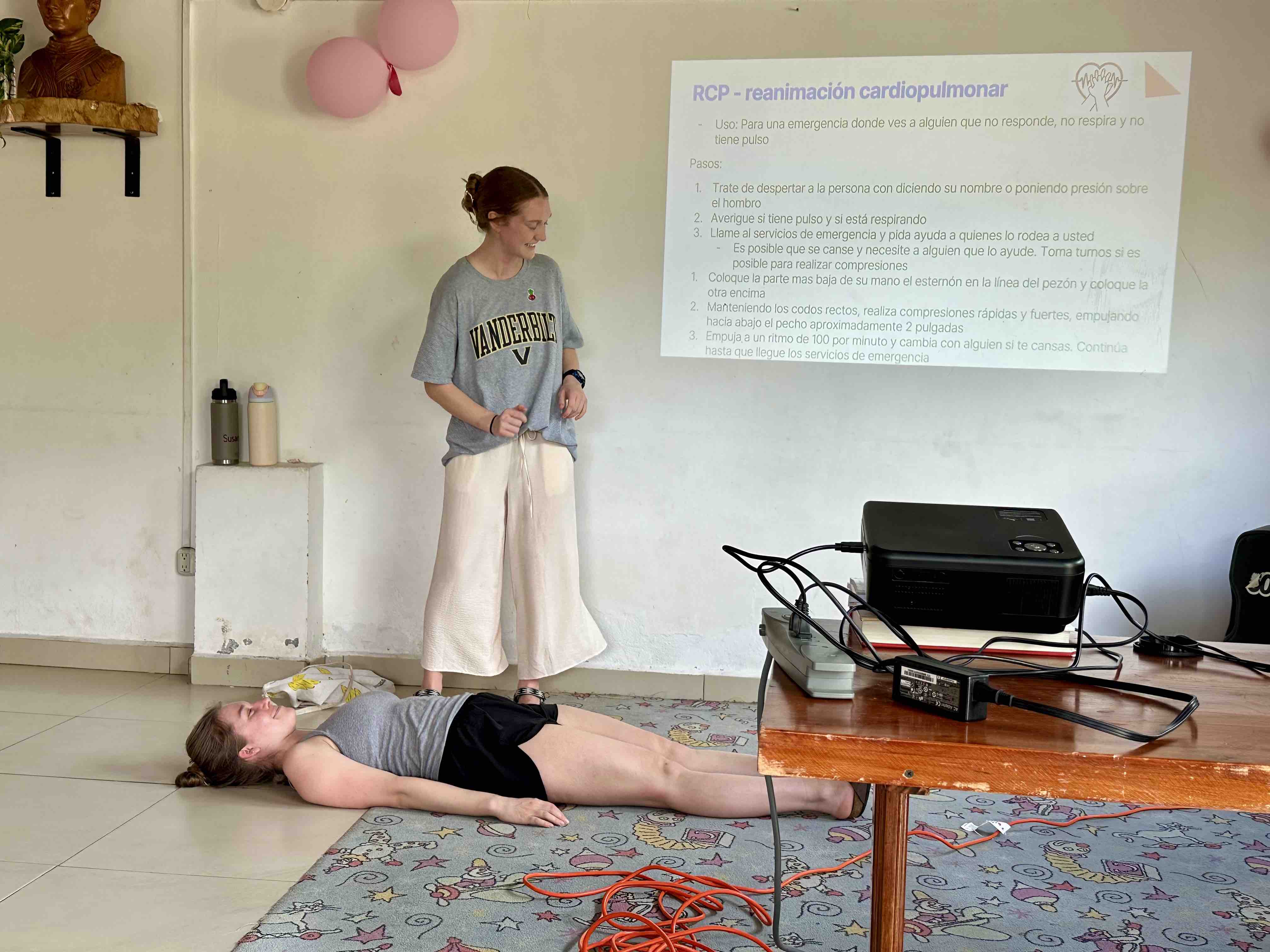
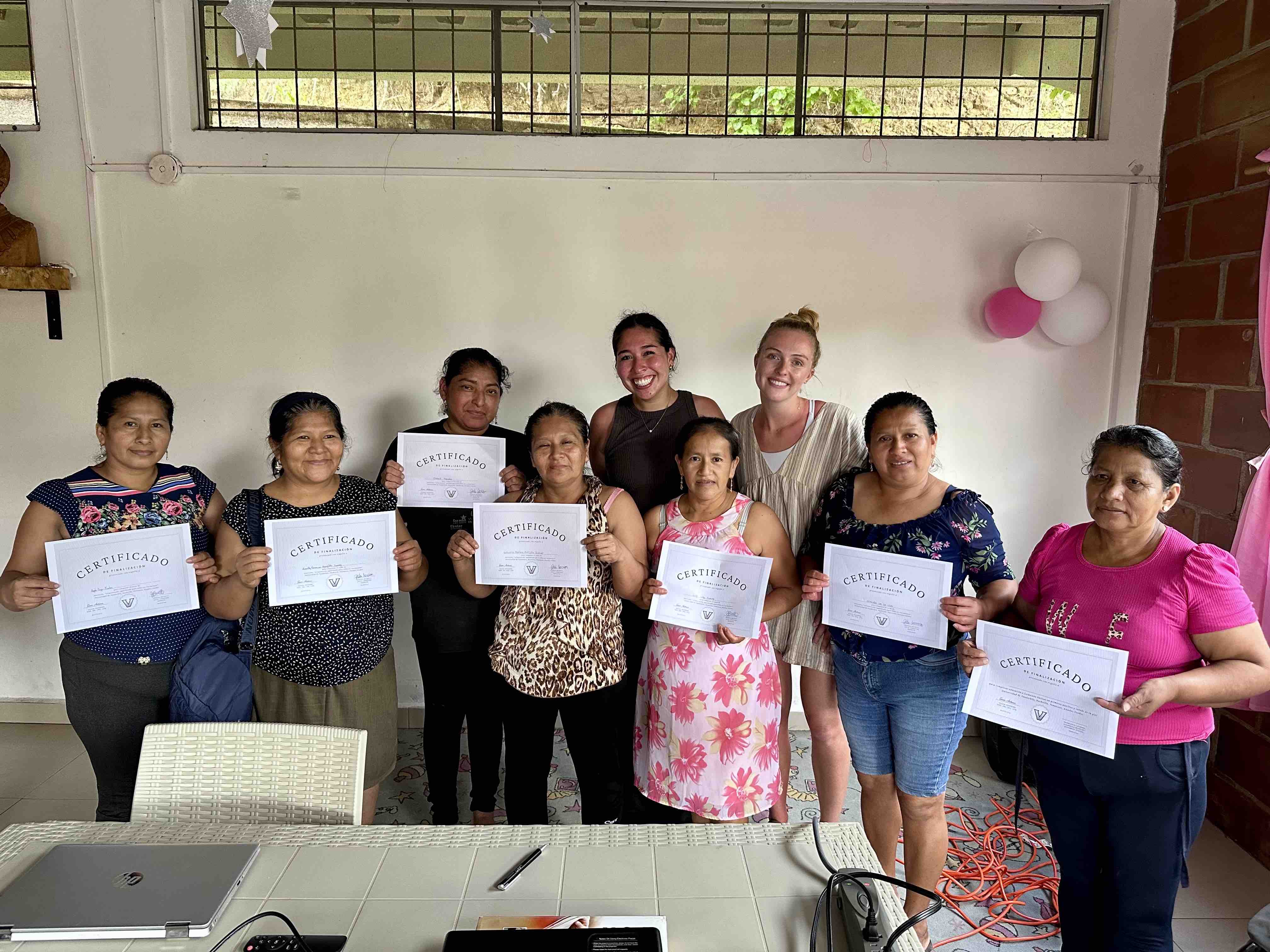
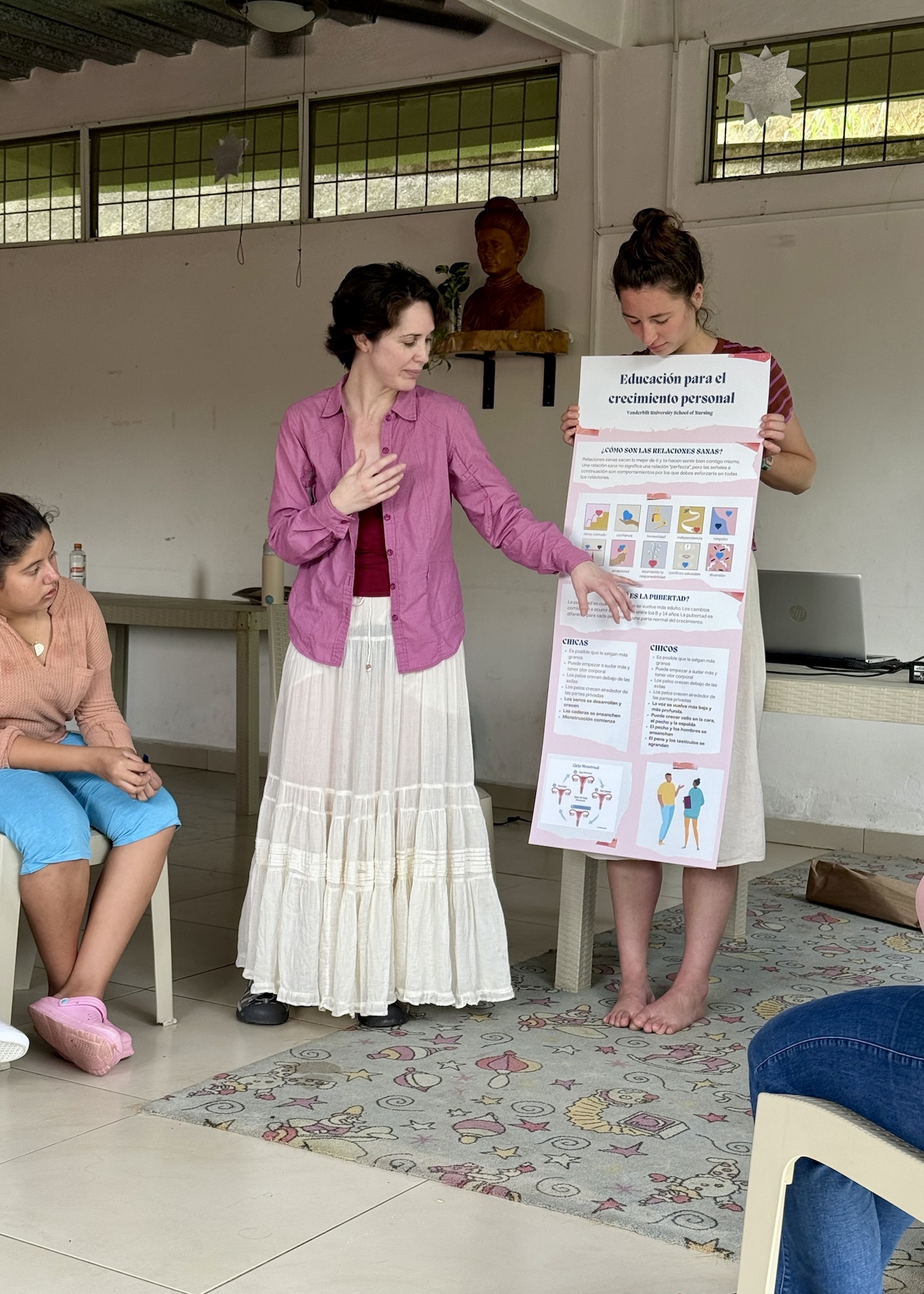
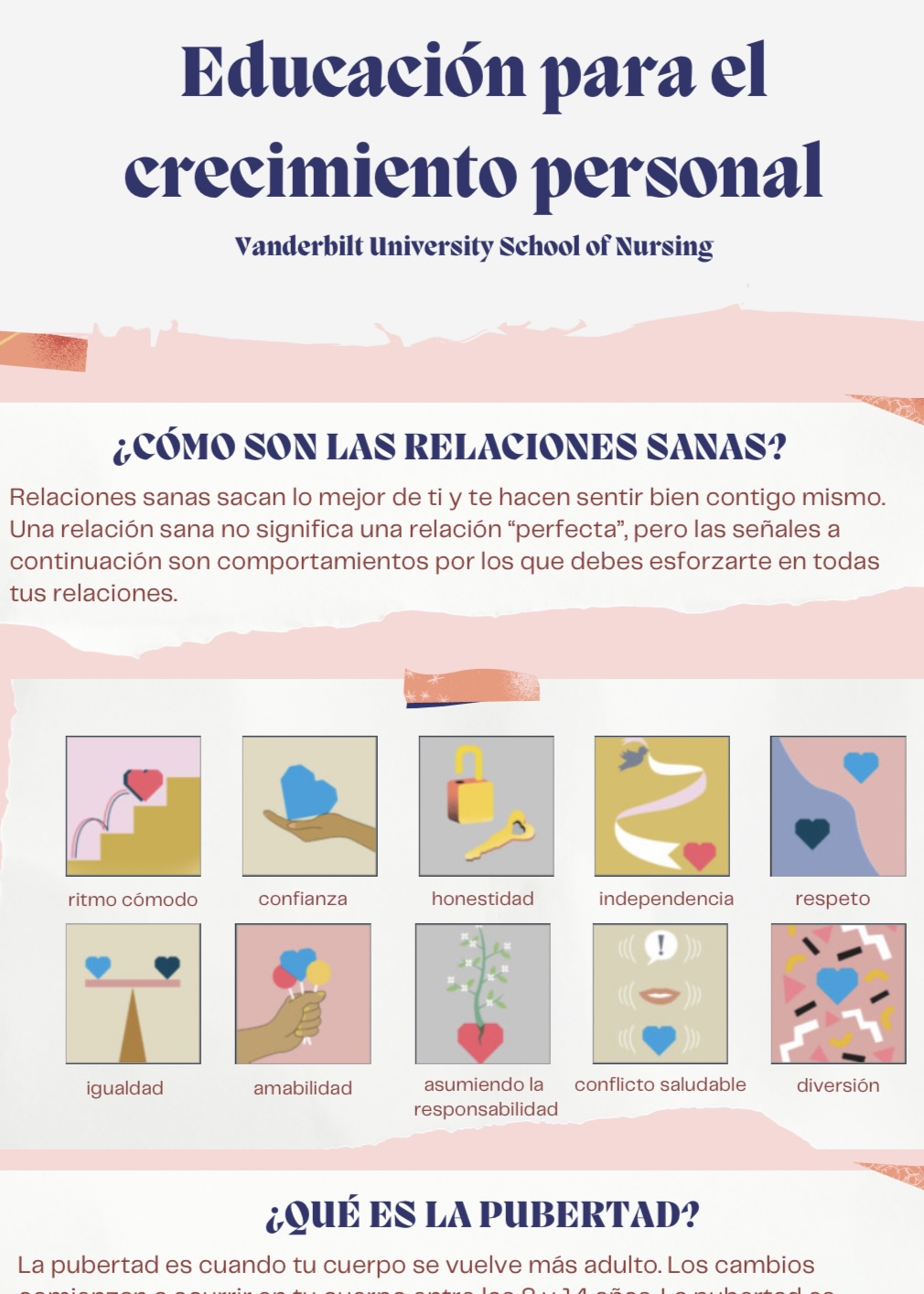
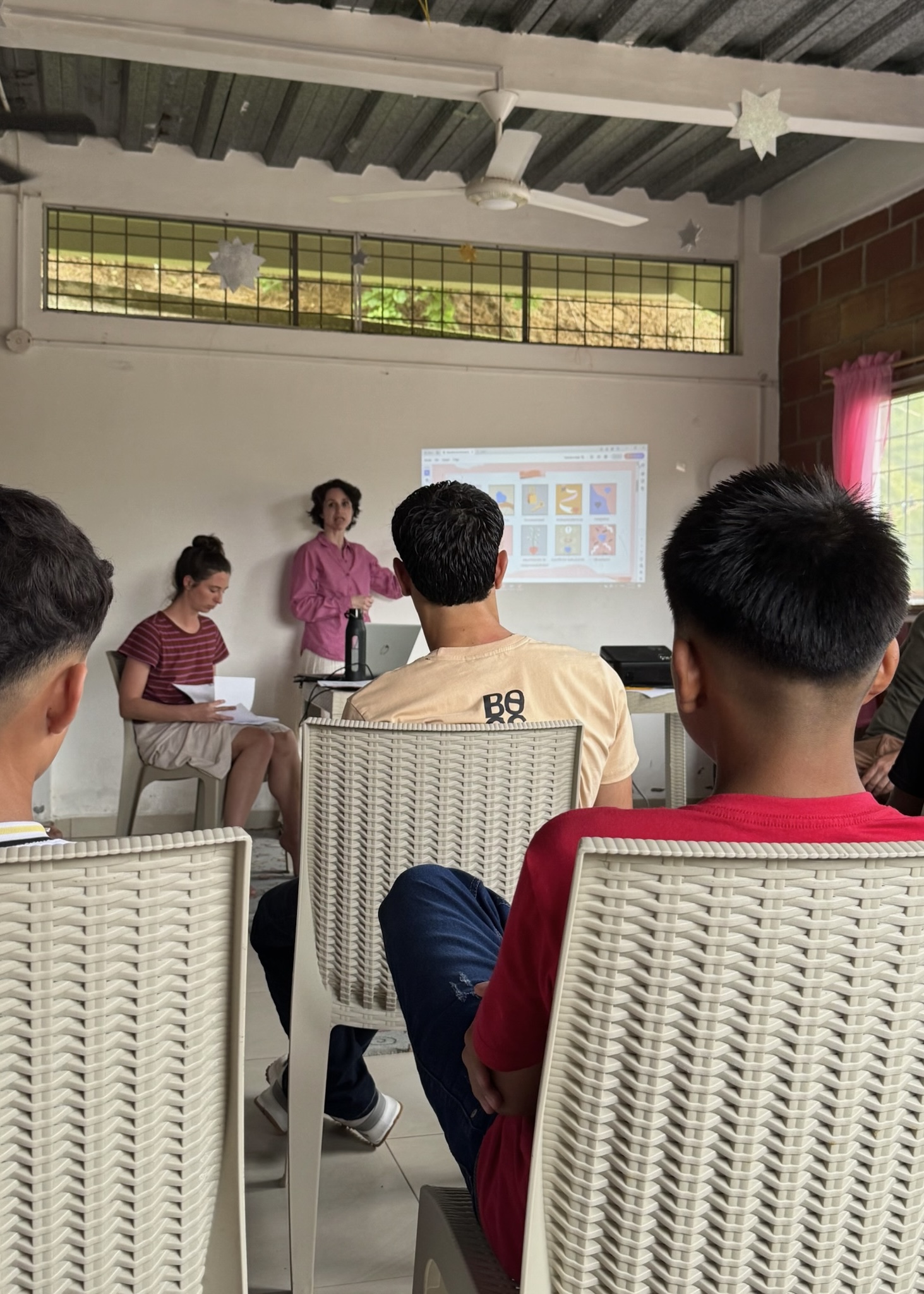
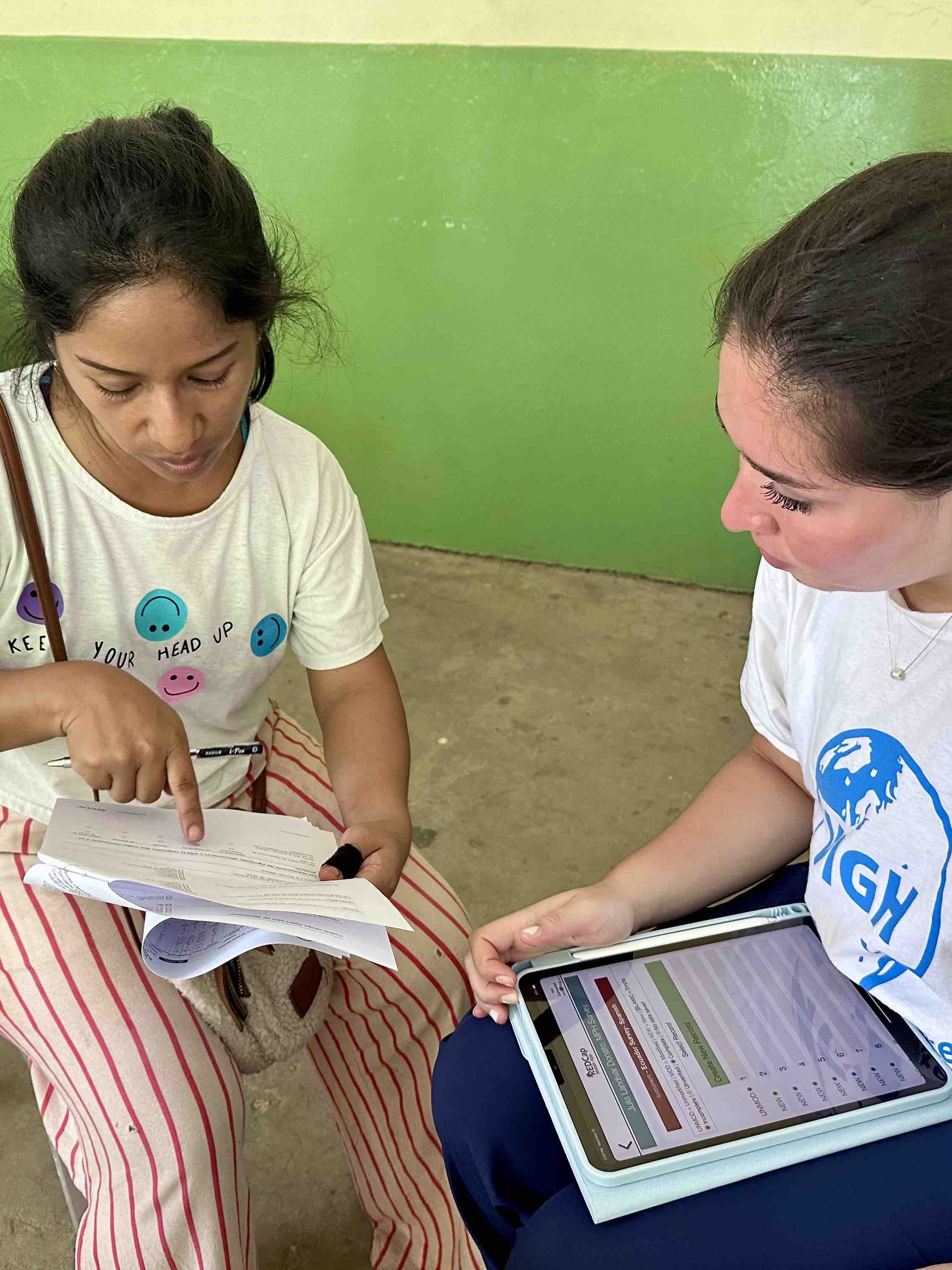
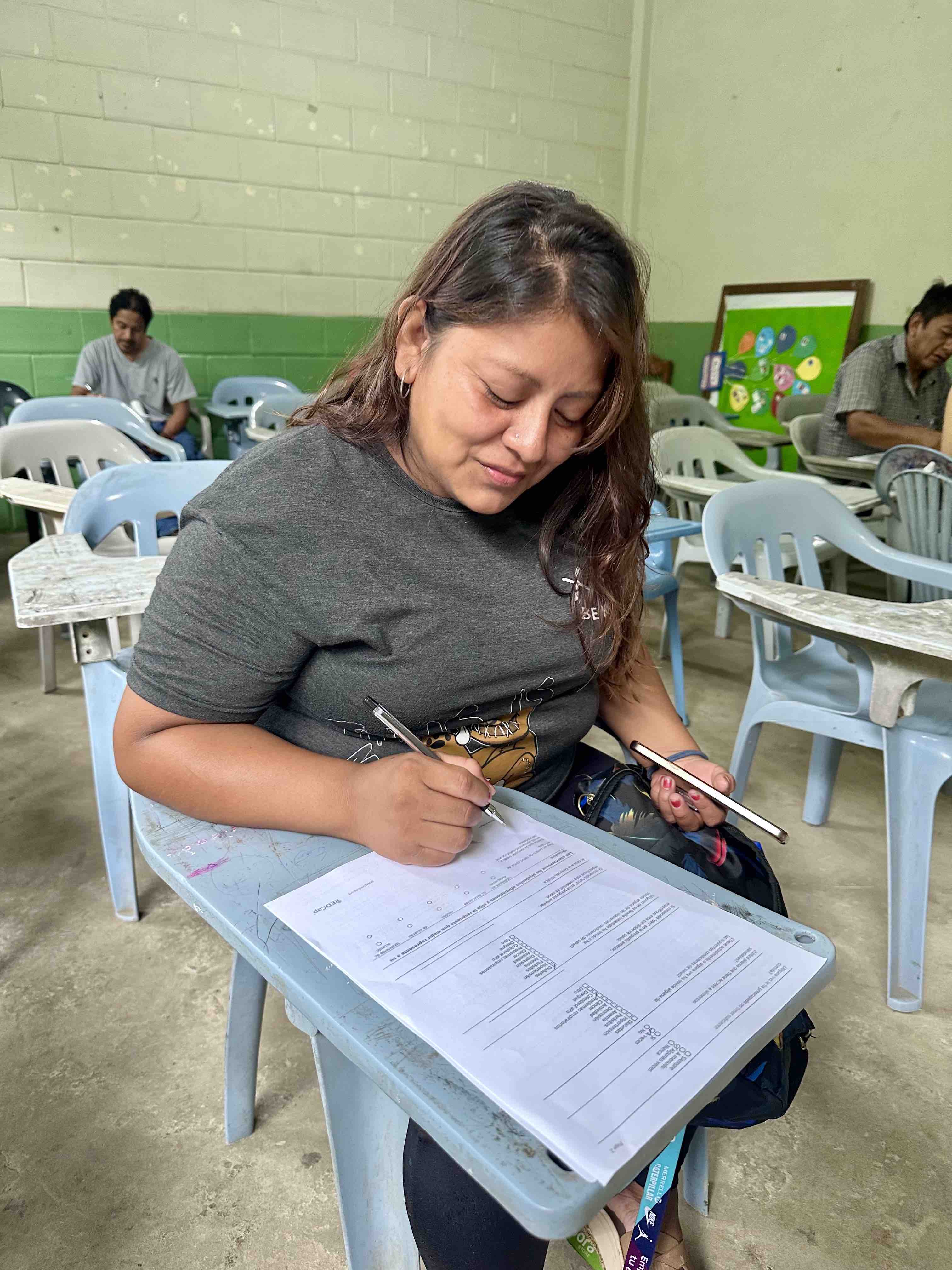
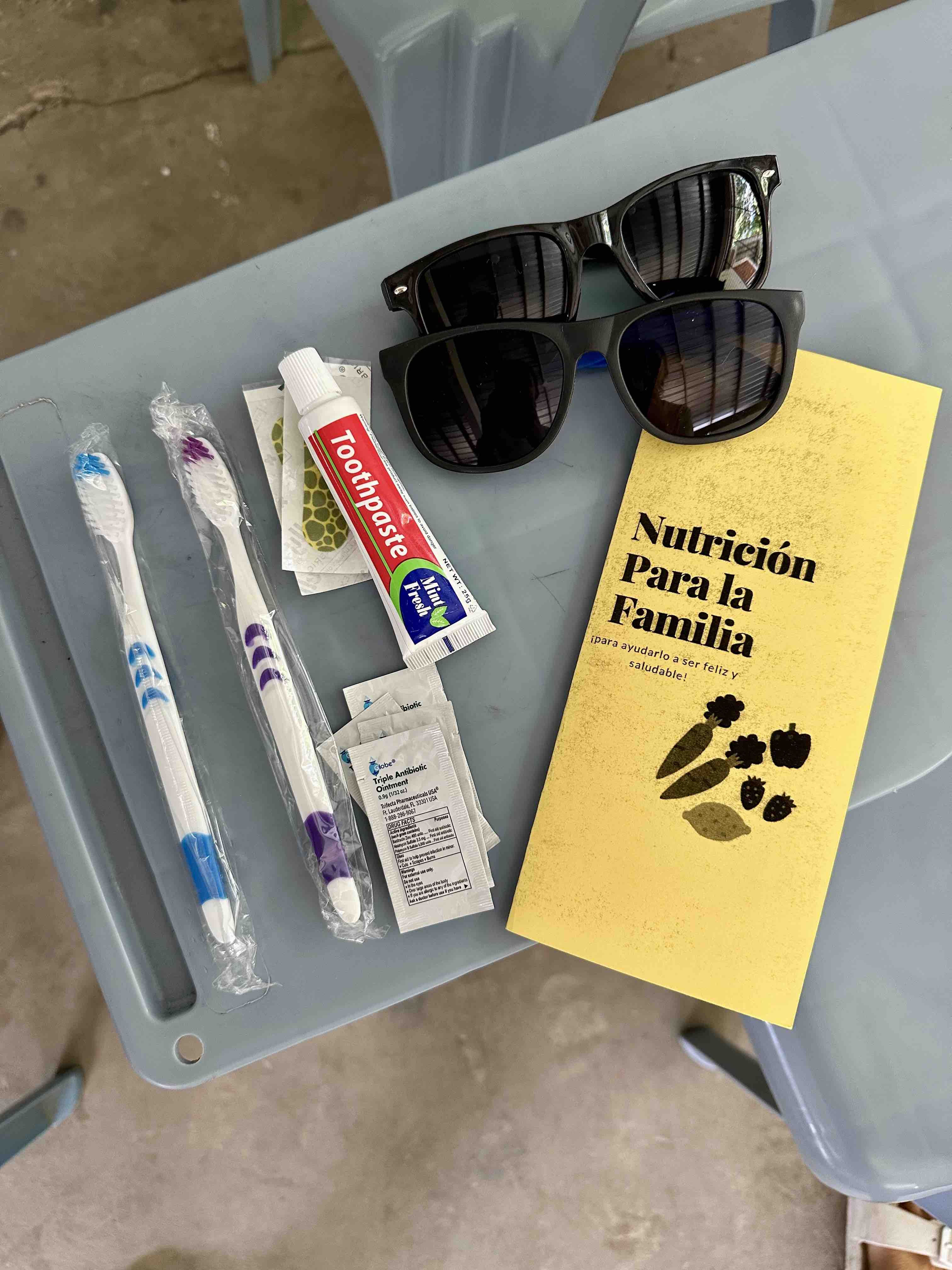
Recent Comments